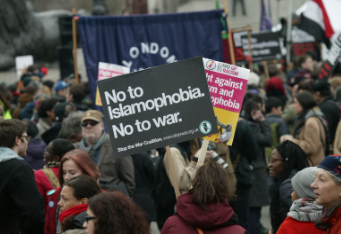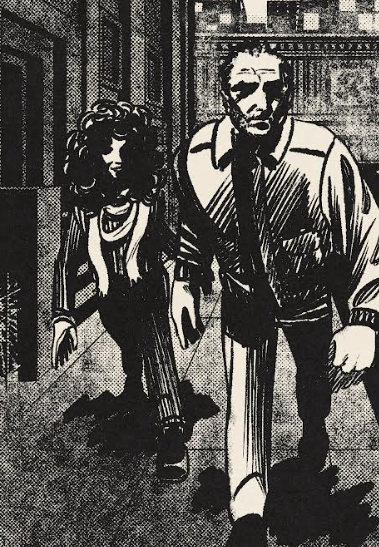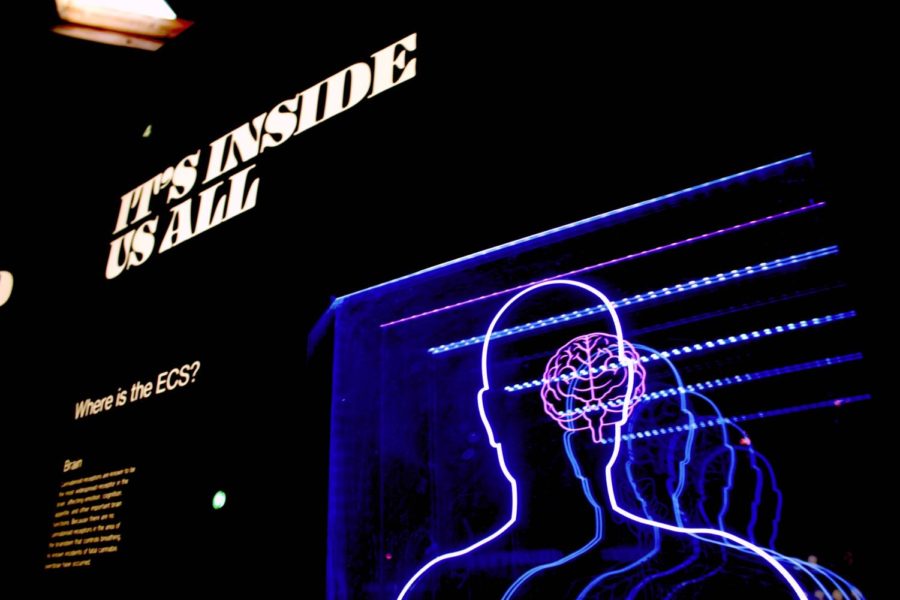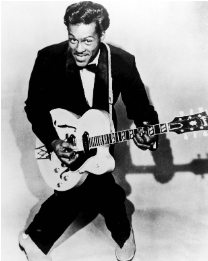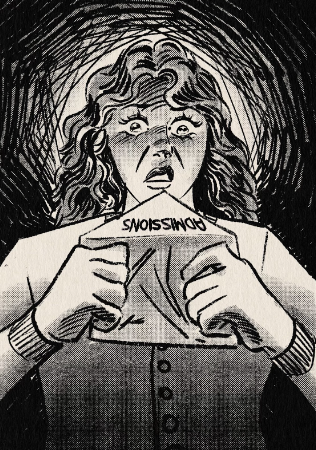Cancel Culture: Modernized Hate
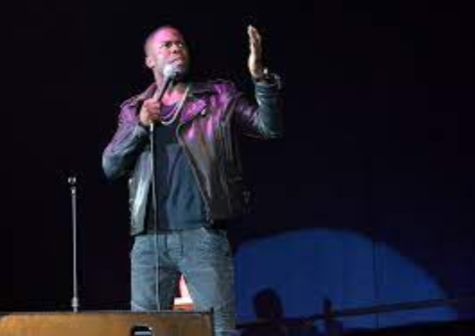
April 13, 2023
Cancel culture, a new trend focused on accountability. A movement focused on shaming others due to perceived bad behavior. It has taken the world by storm, amassing a following ready to “cancel” anyone with little relevance for any mistake, no matter the size. However, cancel culture has now become weaponized, using one’s age-old mistakes to ruin their career and credibility even if accountability is taken.
As DEI consultant and previous psychotherapist Shirani M. Pathak states, “[Cancel culture] amplifies the problem rather than addressing it.” This form of media now aids the very problems it was created to solve. Rather than helping people change and realize their mistakes, they are ostracized letting hateful beliefs roam free.
After being canceled almost three years ago, Kevin Hart, a famous comedian, and actor, weighed in on this issue. He expresses, “Everyone can change, It’s like jail. People get locked up so they can be taught a lesson.”
Another issue pertaining to cancel culture includes its effects on the mental health of victims. Licensed psychologist John G. Cottene adds on stating, “When one’s words or actions are deliberately taken out of context, it can understandably lead to anxiety, depression, PTSD, and even suicidal ideation.” Here we see how such hateful acts have unintended consequences. Is canceling someone over simple mistakes worth in worst-case scenarios, death?
Through cancel culture, teenagers have been affected the most mentally. In a Channel 4 study, a fifth have stopped social media use with one in nine giving it up. Online presence has become stigmatized, and those who continue to suffer mentally.
Mistakes are the building blocks of growth. Cancelation causes people to fear making mistakes, which backhandedly prevents the growth of individuals and society. Should this be the society generations upon generations live in?





